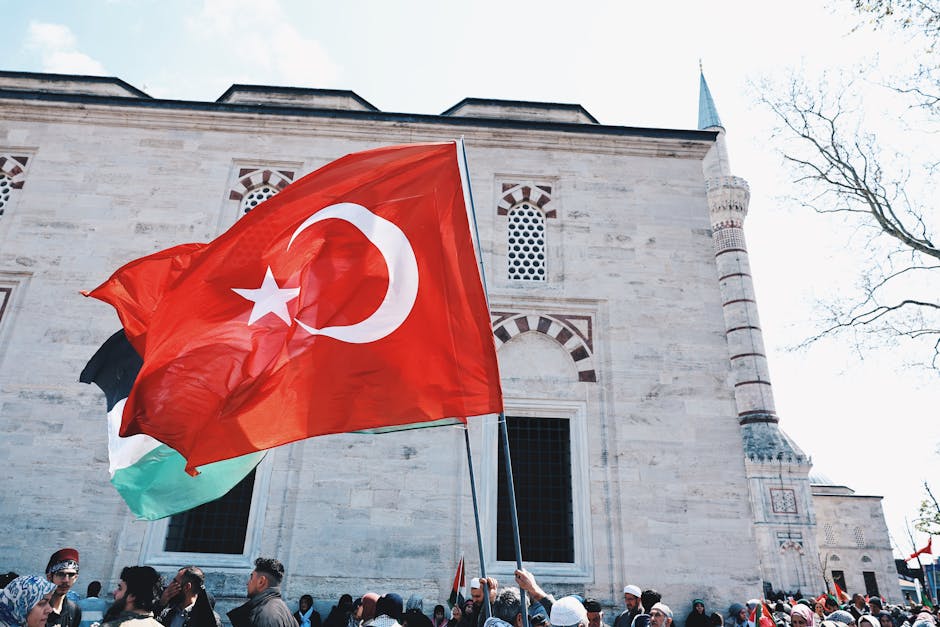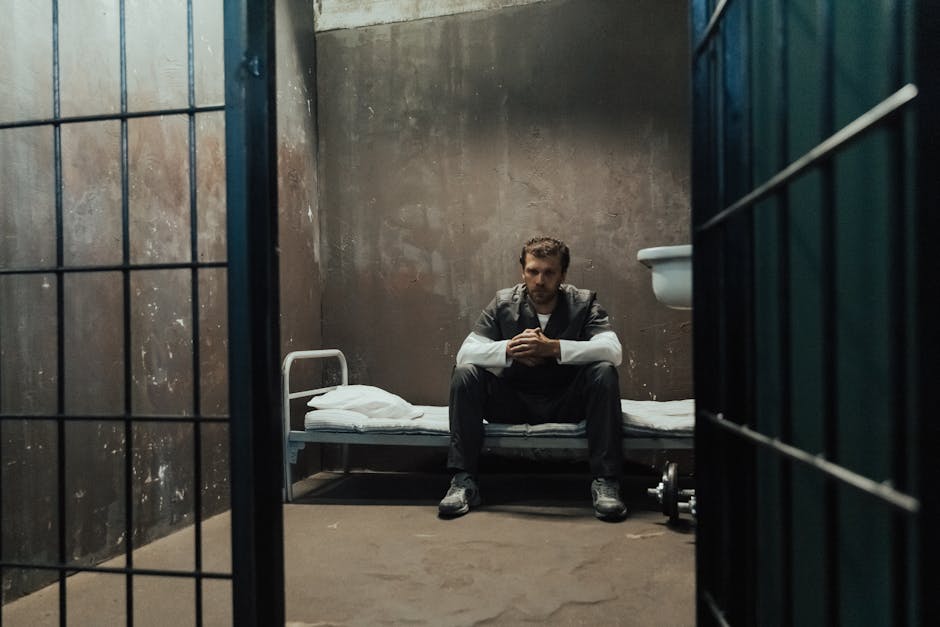A Diplomatic Overture Amidst Relentless Conflict
In a move that highlights the stark paradox of the Middle East conflict, Israel released five Palestinian prisoners this week. For the families involved, the moment brought profound relief. In diplomatic circles, such releases are often framed as confidence-building measures—small signals of de-escalation in a seemingly impenetrable wall of hostility. However, this gesture was almost immediately rendered hollow by the grim backdrop against which it occurred: the relentless and escalating violence in Gaza.
The View from Gaza: A Footnote to Tragedy
While the prisoner release made quiet headlines, it was barely a footnote against the thundering reports of continued Israeli airstrikes and ground operations in Gaza. The grim reality on the ground entirely eclipses any sliver of diplomatic light.
Reports from the Gaza Health Ministry paint a harrowing picture, with the death toll climbing daily. Civilian infrastructure, already crippled, continues to be decimated. Overwhelmed hospitals struggle to treat the wounded as the humanitarian crisis deepens into a catastrophe, with critical shortages of food, water, and medical supplies pushing the population to the brink.
This juxtaposition raises a deeply troubling question: What is the true value of releasing five prisoners when hundreds are being killed or wounded in the same period?
A Calculated Move or a Step Towards Peace?
Cynics might view the prisoner release as a calculated piece of public relations—a minor concession designed to placate international pressure while core military objectives proceed unabated. It is a familiar tactic in protracted conflicts, where a small, humanitarian gesture is used as a shield against accusations of disproportionate force. This allows officials to point to a “positive development” in press briefings, diverting attention from the carnage.
The core issue is that small-scale releases do little to address the fundamental drivers of the conflict. They do not halt the expansion of settlements, lift the blockade on Gaza, or bring the parties any closer to a lasting political settlement. Instead, they risk becoming part of a cycle of crisis management, where minor de-escalations manage international outrage without tackling the root causes of suffering.
International Calls for a Lasting Ceasefire
From world capitals like New Delhi, where policymakers have long navigated a delicate balance on the issue, the situation is viewed with growing alarm. India’s position has consistently advocated for a two-state solution and an immediate cessation of hostilities. For the international community, the challenge is not to be distracted. The release of prisoners must be followed by demands for more substantive action: a durable ceasefire, unimpeded humanitarian access to Gaza, and a serious commitment to resuming peace talks.
Ultimately, the release of five people is a human good. But when measured against the scale of the ongoing loss of life as killings continue in Gaza, it feels less like a step towards peace and more like a drop of water in a raging fire.




